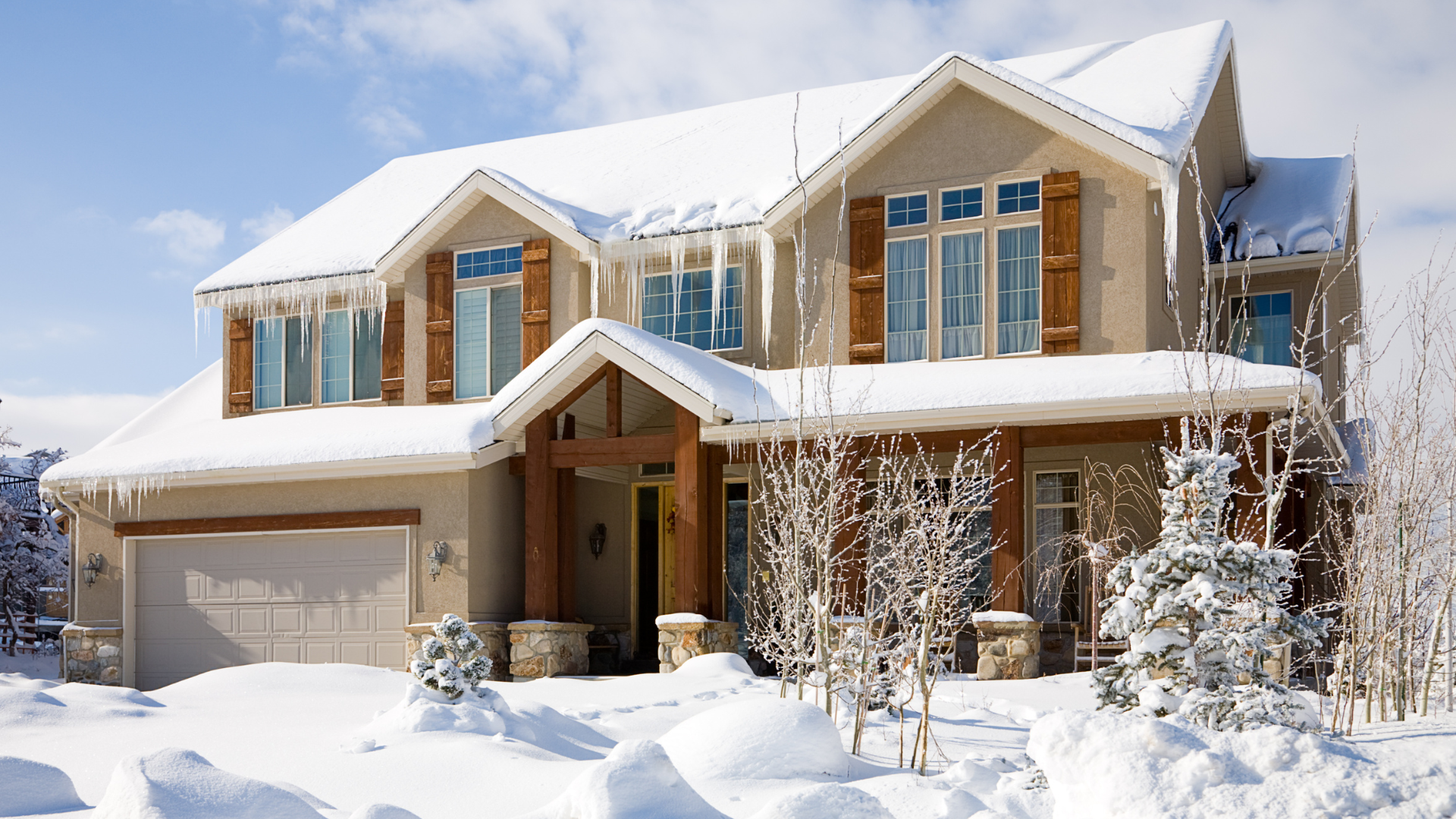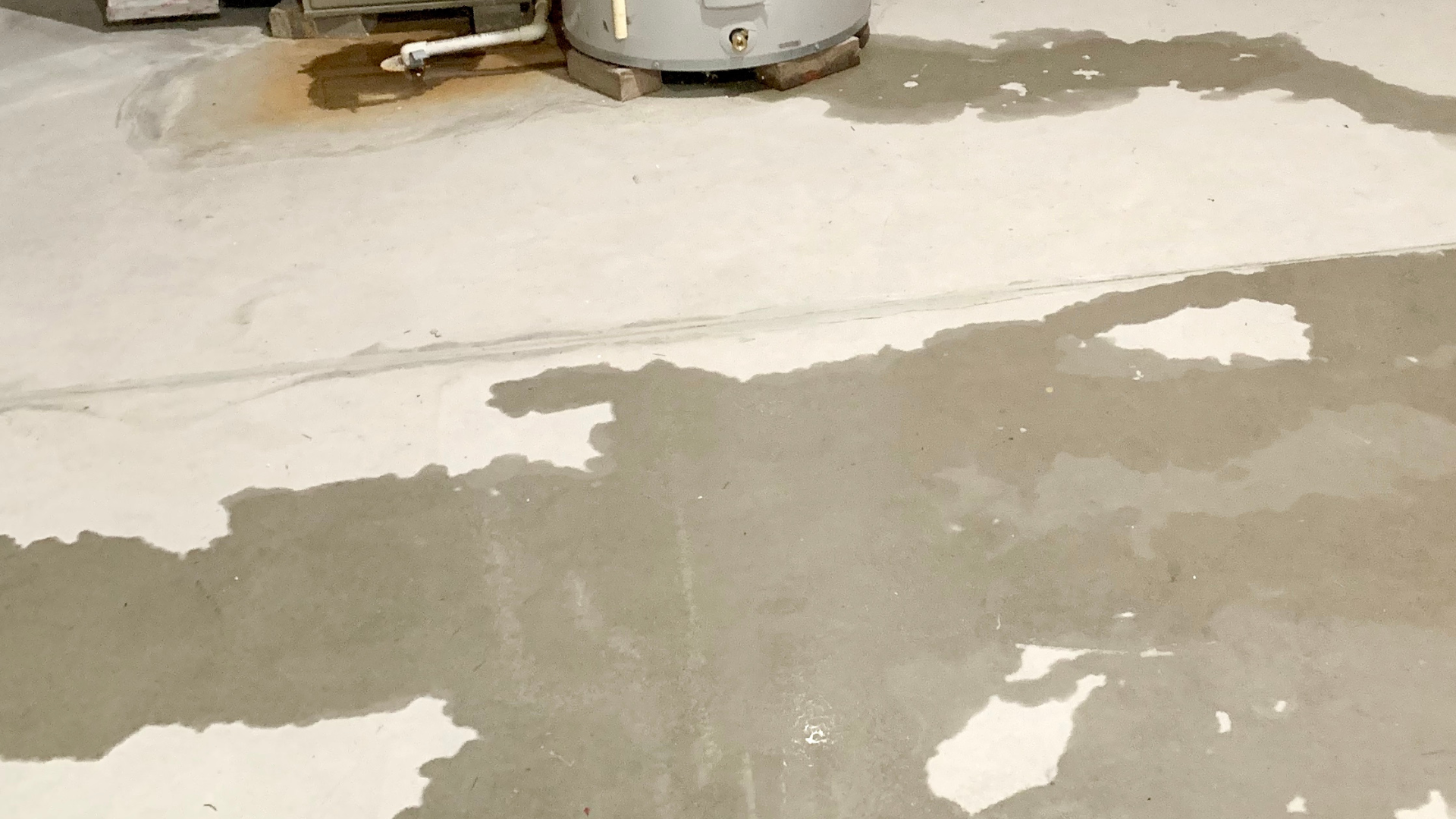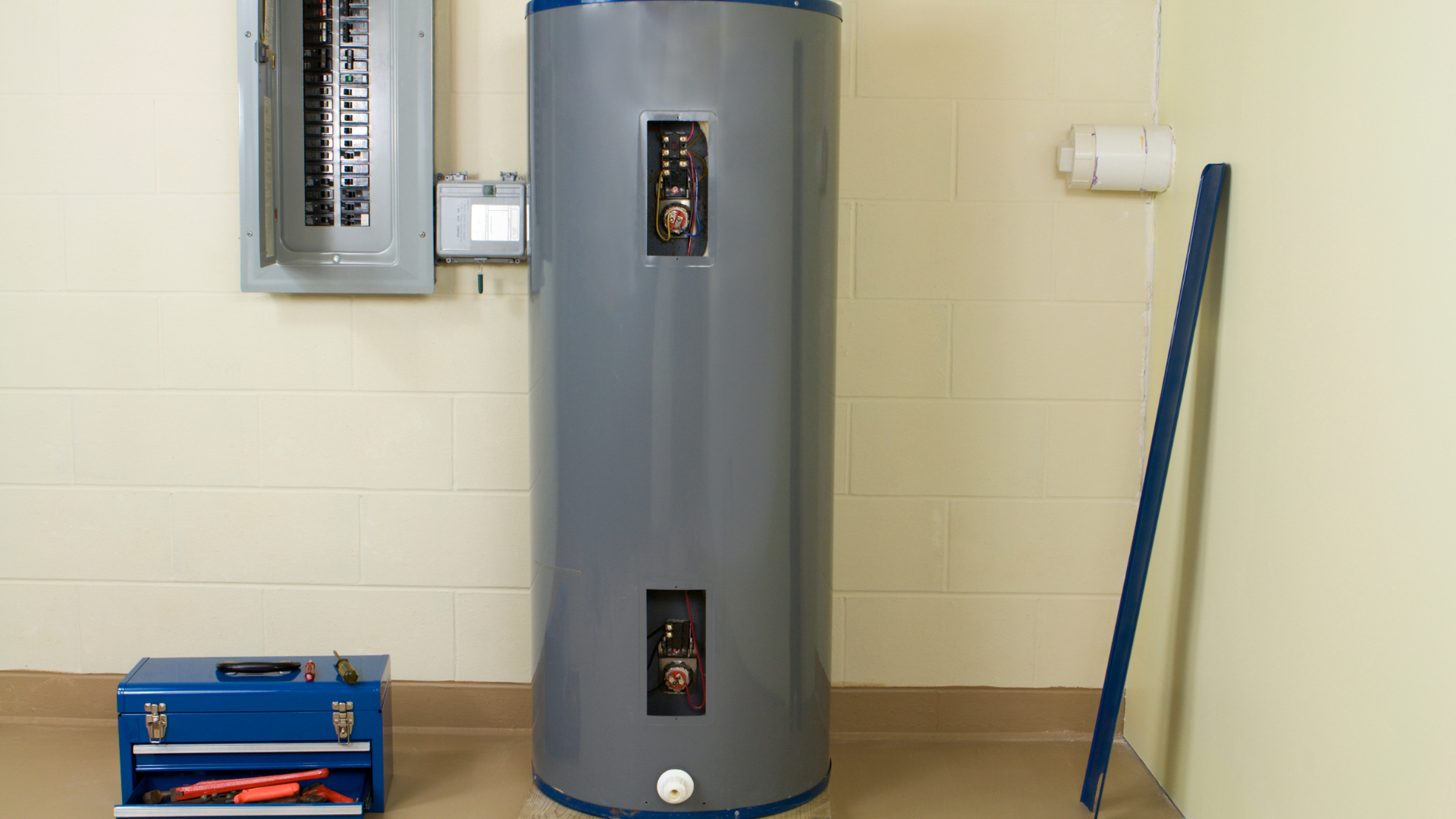Washington
Your Washington Home Project: Understanding Licensing, Sales Tax, and Verification

Planning a home improvement project in Washington State involves specific requirements for contractors and careful consideration of how sales tax applies. Washington has a comprehensive system designed to protect consumers by ensuring contractors are properly registered, bonded, and insured. Understanding these aspects is crucial for a successful and compliant project.
Contractor Licensing in Washington: Statewide Registration
In Washington State, all construction contractors, whether general or specialty, must be registered with the Washington State
Department of Labor & Industries (L&I). This statewide registration is a fundamental requirement for anyone performing construction, remodeling, alteration, or repair work.
Here's a breakdown of what that entails:
- Two Classifications:
- General Contractors: Can perform most types of construction work and can hire subcontractors in multiple specialties. If a contractor intends to hire any subcontractors, they must register as a General Contractor.
- Specialty Contractors: Can only perform work in the specific specialty they are registered for (e.g., roofing, painting, carpentry, landscaping). They cannot hire subcontractors.
- Key Registration Requirements: To register with L&I, contractors must:
- Register their business with the Washington State Department of Revenue and obtain a Unified Business Identifier (UBI) number.
- Obtain a surety bond:
- $30,000 for General Contractors (as of July 1, 2024)
- $15,000 for Specialty Contractors (as of July 1, 2024)
- Secure general liability insurance:
- Minimum of $200,000 in public liability and $50,000 property damage, OR
- $250,000 combined single limit.
- Complete and submit an Application for Contractor Registration to L&I.
- Pay the required application fee.
- Trade-Specific Certifications/Licenses: While L&I handles general contractor registration, certain trades have additional, separate licensing or certification requirements, also often through L&I or other state agencies. These include:
- Electrical Contractors/Electricians: Require specific licenses and often involve extensive education and examination.
- Plumbing Contractors/Plumbers: Also require specific licenses and certifications.
- Elevator mechanics, mobile home installers, boiler operators, and asbestos removal professionals also have additional requirements.
It is illegal for a contractor to perform work without active registration, bonding, and insurance. They could face fines, and your project could be shut down. Always ask your prospective contractor for their L&I registration number.
Sales Tax on Home Service Projects in Washington
Washington State has a state retail sales tax rate of 6.5%. Additionally, local sales taxes apply, which can vary significantly by city and county, often bringing the total sales tax rate to 8% or even over 10% in some areas (e.g., Seattle).
Here's how sales tax generally applies to home service projects in Washington:
- Both Materials AND Services (Labor) are Generally Taxable: In Washington, most construction services, including labor, are subject to retail sales tax. This is a significant difference from many other states.
- "Retail Sales" of Construction: When a contractor performs work for a homeowner (referred to as "custom construction" or "work for others at retail"), the total contract price (including both materials and labor) is generally subject to retail sales tax.
- Contractor's Role:
- The contractor pays sales or use tax on materials they consume (e.g., tools, masking tape, disposable supplies).
- For materials that become a permanent part of the building (e.g., lumber, drywall, fixtures), the contractor can purchase these using a reseller permit (meaning they don't pay sales tax at the time of purchase). They then charge you, the client, retail sales tax on the total value of those materials plus the labor.
- The contractor is responsible for collecting the applicable retail sales tax from you and remitting it to the Washington State Department of Revenue.
- Speculative Builders: If a contractor is building on land they own with the intent to sell the property (a "speculative builder" or "developer"), different tax rules apply. They typically pay sales/use tax on all materials and subcontractors, but do not collect retail sales tax from the homebuyer on the final sale of the property, as that is subject to real estate excise tax. This scenario is less common for direct homeowner projects.
Always get a detailed written contract that clearly outlines the project's total cost, including how sales tax is applied. If you have any questions, clarify with your contractor and consider consulting the Washington State Department of Revenue.
How to Verify Licensing in Washington
Verifying a contractor's credentials in Washington is straightforward and highly recommended. The Washington State Department of Labor & Industries (L&I) provides excellent online tools for this purpose.
- L&I's "Verify a Contractor, Tradesperson, or Business" Tool:
- This is the primary tool for verifying a contractor's registration, bond, and insurance status.
- You can search by contractor name, business name, or L&I registration number.
- The results will show:
- Whether the contractor's registration is active.
- Their bond information (amount and status).
- Their general liability insurance details.
- Any safety or construction citations or lawsuits against their bond.
- L&I Verify Tool: https://secure.lni.wa.gov/verify/ (or search "Washington L&I verify contractor")
- Washington Secretary of State - Business Entity Search:
- While L&I handles contractor registration, it's also a good practice to ensure the business entity itself is properly registered with the Washington Secretary of State.
- Business Search: www.sos.wa.gov/corps/search.aspx (or search "Washington Secretary of State business search")
- Trade-Specific License Lookup (for Electricians, Plumbers, etc.):
- The L&I "Verify" tool usually covers these as well, but for specific electrical or plumbing licenses, you may sometimes find dedicated lookup tools on the L&I website under their respective trade divisions.
- Proof of Insurance:
- Always ask your contractor for a Certificate of Insurance (COI) directly from their insurance provider. This document will show specific coverage limits for general liability and workers' compensation (if they have employees).
By using these official resources, you can ensure you're hiring a legitimate, bonded, and insured contractor for your Washington home improvement project, providing you with crucial consumer protection.
Sources and Resources:
- Washington State Department of Labor & Industries (L&I):
- Register as a Contractor: https://lni.wa.gov/licensing-permits/contractors/register-as-a-contractor/
- Hiring a Contractor (Consumer Guide): https://www.lni.wa.gov/licensing-permits/contractors/hiring-a-contractor/
- Verify a Contractor, Tradesperson, or Business: https://secure.lni.wa.gov/verify/
- Washington State Department of Revenue (DOR):
- Construction Industry Guide: https://dor.wa.gov/education/industry-guides/construction
- Services Subject to Sales Tax: https://dor.wa.gov/taxes-rates/retail-sales-tax/services-subject-sales-tax
- Specifically, review their "Construction tax matrix" for details on sales tax application.
- Washington Secretary of State - Business Search:
- Corporate Registration Search: https://www.sos.wa.gov/corps/search.aspx
Click Another Article to Read More










